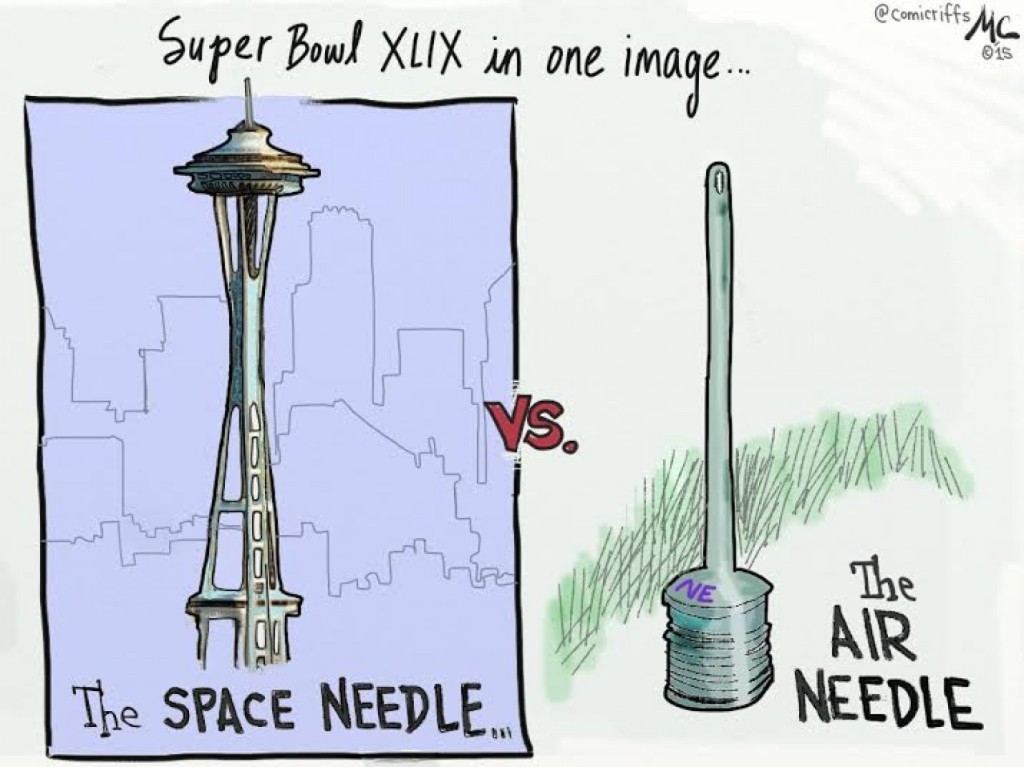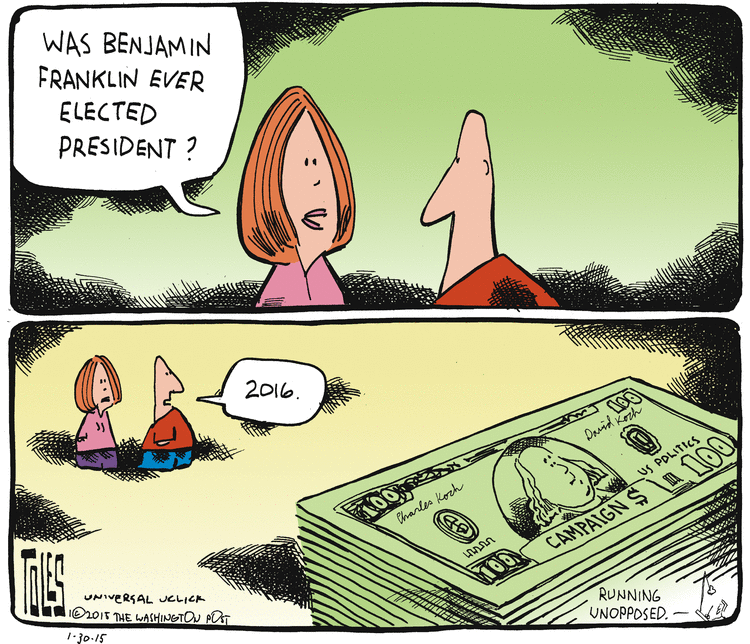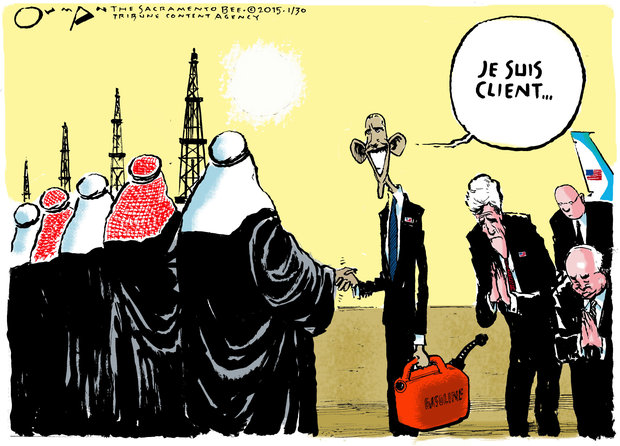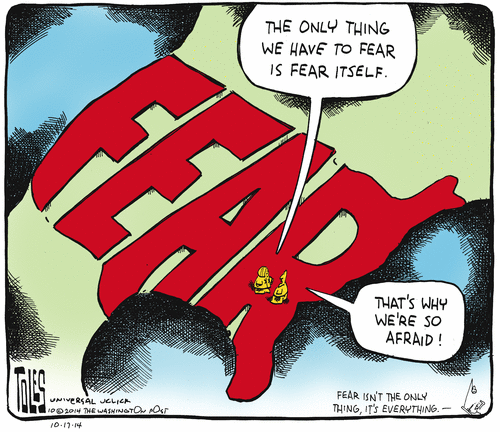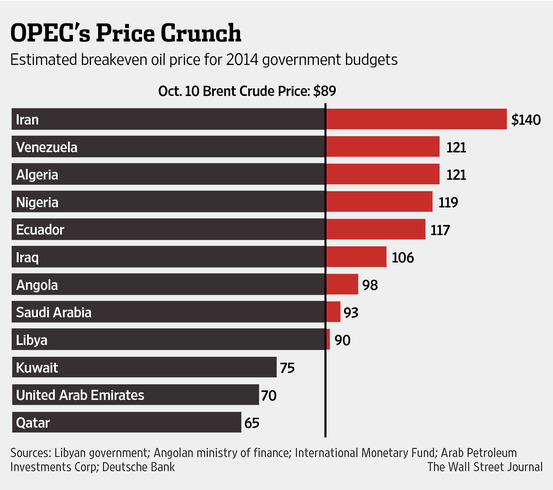Just saw a disturbing story about Saudi Arabia’s fight in Yemen, a story that has not surfaced in our media. It comes from News786, an alternative news channel that calls itself the largest Hindi news website of Punjab. It covers news from India and the world:
Here is the real reason why Saudi Arabia halted operation `Decisive Storm’ and failed to launch a ground invasion of Yemen: in a stunning revelation, it has come to light that on 25-26th April, almost 4,000 Saudi forces fled their border bases in anticipation of Riyadh’s order for sending its troops inside Yemen.
News786 goes on to say that the West knows this:
The Intel gathered by the western intelligence agencies shows that the Saudi military forces have fled their bases, military centers and bordering checkpoints near Yemen in groups…European Intel said that Saudi forces’ mass AWOL forced Riyadh to declare ceasefire and dissuaded it from launching ground attacks against Yemen.
Col. Pat Lang at Sic Semper Tyrannis, is a retired US Military Intelligence officer who served in Yemen and was the first Professor of Arabic Language at West Point. He said this:
Saudi Arabia has no ground forces worthy of the name. They are the worst sort of rabble recruited in economically distressed parts of SA where the chance of an easy, well paid job in an army that has never fought anyone is a pleasing prospect. That is the Saudi Arabian Land Forces in a nutshell. Then there is the Saudi Arabian National Guard, a Sunni, largely Wahhabi internal security force.
Now, the news that the Saudi National Guard and its regular Army forces are deserting could all be put down to disinformation. Some of the information cited by News786 comes from Al-Manar, a Lebanese TV network owned by Hezbollah that has been designated as a terrorist entity by the US. Much of the original reporting was by FARS News Agency, usually described as Iran’s semi-official news agency.
So, is it disinformation put out by Iran and Hezbollah to cause Egypt and the US to think before they jump in? More from Col. Lang: (emphasis by the Wrongologist)
I have told people here endlessly that information and sources must be evaluated separately. IMO the Saudis have no ground forces worthy of consideration and will not invade Yemen in any significant way. One must remember that SA has a government controlled press and any such news would be ruthlessly suppressed in SA sources.
So, what’s the point of starting a war you cannot fight yourself? Could it be that the Saudis did not have a realistic assessment of their military strength? Or that their officers were yes-men, who didn’t want to upset the Saudi royals?
America knows too well how difficult it is to win a ground war in a Middle East country.
A Saudi ground war in Yemen could likely end in a defeat, one with huge repercussions for our ME strategy. America thinks of the Saudis and the Israelis as our best pals in the ME. Both Democrats and Republicans in Congress are enthralled with these two racist countries, and believe what they tell us is the truth about the geopolitical situation in the ME. We have backed our belief with money and arms.
Imagine our surprise if after all the arms we have sold them and after all the training we have provided them, Saudi Arabia turns out to be unable to defend itself. Like Iraq, or Afghanistan.
Let’s start the weekend with a song. Here is “Blame It On Obama” by Andre Williams. This came out in September, 2012 inspired by the presidential campaign. Williams is a 77+ year-old R&B singer who is better known for his salacious R&B than his political commentary:
For those who read the Wrongologist in email, you can see the video here.
See you Sunday.

